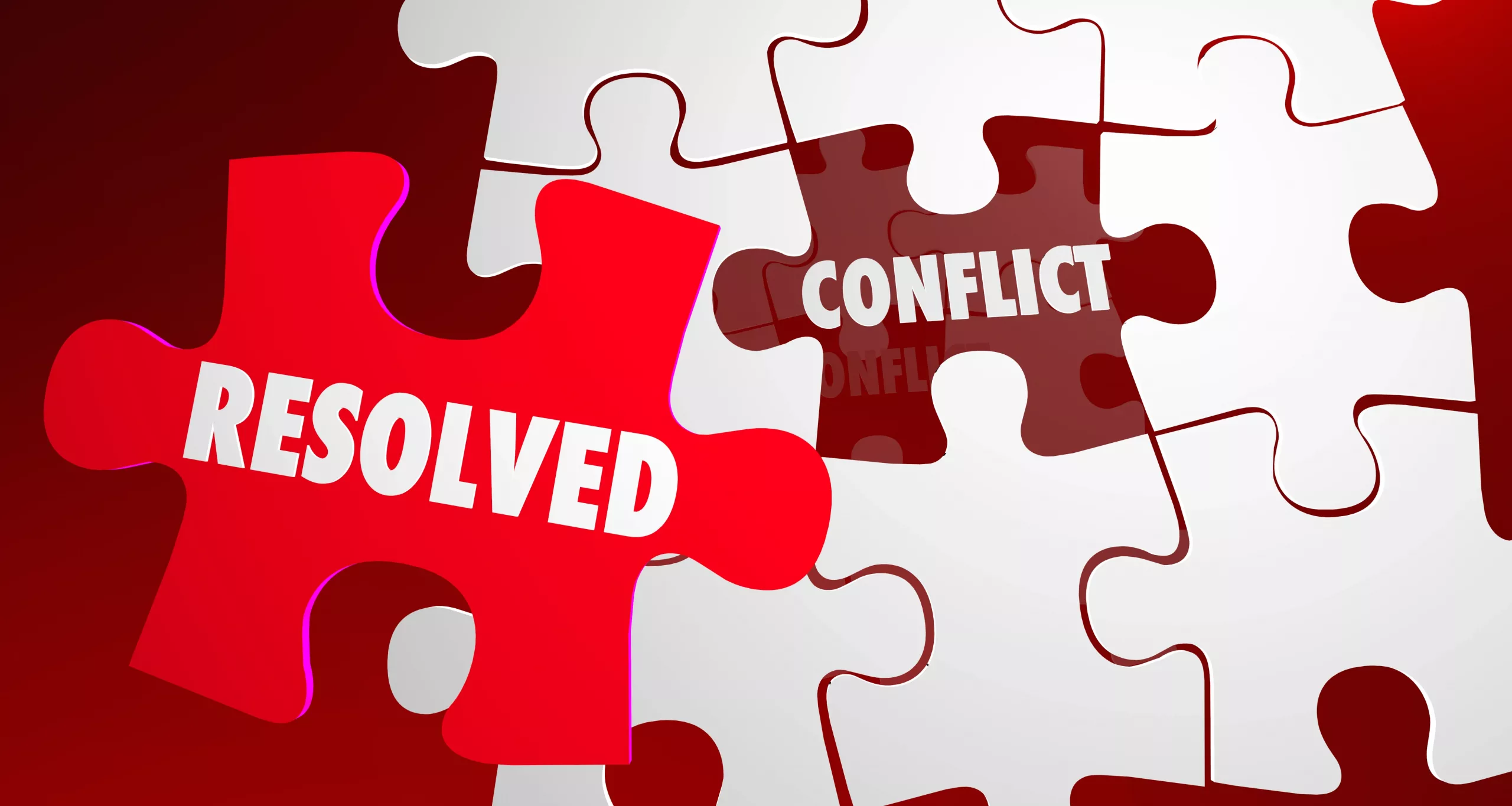Relationships can be tricky!
Dating and marriage relationships are definitely complicated! Expectations, communication, mixed feelings, intimacy, vulnerability, insecurities, life stressors, and so much more all make up a web of factors that rarely fit perfectly in line!
Any human relationship has the potential to become riddled with conflict and drama.
Conflict in relationships is normal. There isn’t a relationship that exists that doesn’t experience conflict on some level. Dr. John Gottman, an expert in marriage and relationships, emphasizes this truth. “It’s a myth that if you solve your problems, you will automatically be happy.”
UNHEALTHY CYCLE OF CONFLICT
One type of conflict sends a conflict into a never-ending vortex and is very difficult to come to a resolution. Dr. Stephen Karpman developed a framework to explain this cycle of conflict, which he calls the Drama Triangle.
Getting sucked into the Drama Triangle is not a standard conflict. It’s a cycle of unhealthy communication. Everyone involved plays an unhealthy role, people get involved that shouldn’t be involved, and things generally do not end well for anyone.
The three roles of the drama triangle are:
VICTIM
This is the person who feels like the victim in the situation. The stance of the victim in conflict is “poor me” and everything in the conflict sends this message. The truth is the person who identifies as the victim feels they have been wronged. They feel powerless and find it difficult to focus on solutions.
The victim may say things like “I just can’t get a break” or “This always happens to me.” They will search for a villain to blame for their circumstance and a hero to take their side and rescue them.
HERO
This hero or rescuer takes responsibility for other people’s problems and take them on as their own. Their position in the conflict is “Poor you. Let me help you.” They often feel a lot of guilt if they don’t help someone out of the situation.
VILLAIN
This person is usually seen as controlling, angry, defensive. “They’re wrong, I’m right.” The villain is also called the persecutor because they will persecute others in order to feel significant.
The villain will make comments like “It’s all your fault.” They blame others for their circumstances and can even criticize and seek punishment for those they blame.
Do you see yourself in one of these roles?
Awareness is a huge step in resolving conflict. Being aware of whether or not you are playing a role in the drama triangle, recognizing unhealthy patterns can help you move toward solutions.
In a conflict where the drama triangle is playing out, the people involved shift from one role to another rather than resolving anything. Instead of focusing on solutions, all roles in the drama triangle focus on their specific role and carrying it out.
What happens when you find yourself in drama? How do you get out?
Think of it like a riptide. A riptide is a strong under current that will quickly suck you under water and carry you with it if you’re not careful and aware of it.
If you swim in the riptide you will get sucked under. The only way to get out is to swim through, and then parallel, and OUT.
This means you have to stop playing the role and shift your focus toward solutions and resolution. Focus on solutions to the conflict, rather than saving, being right, or whose fault it is.
Do you find yourself in your relationships getting sucked into the vortex of the Drama Triangle and need some skills to set boundaries and get out once and for all?! It is possible to learn the skills needed to recognize unhealthy conflict and finding better solutions. It may be helpful to seek the help of a therapist who can guide you!
Redeemed Life Counseling is here to help. Let’s connect! Call us today to schedule an appointment.
940-222-8552 or email [email protected]
Teen Social Anxiety

